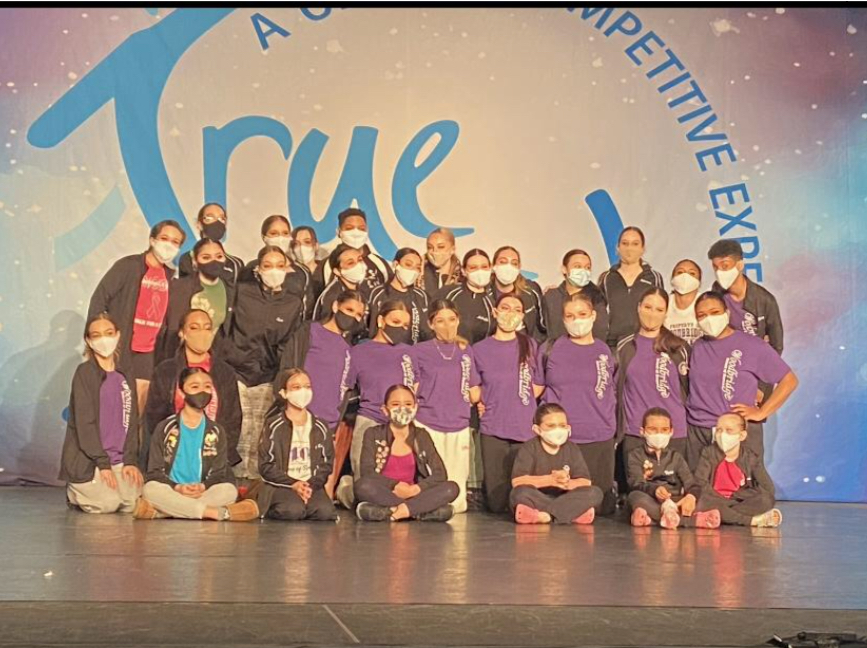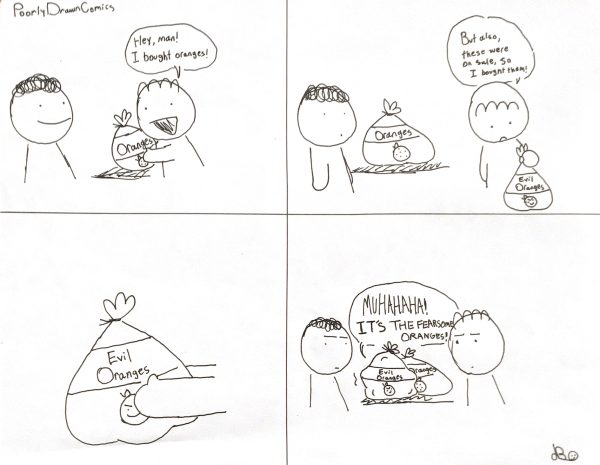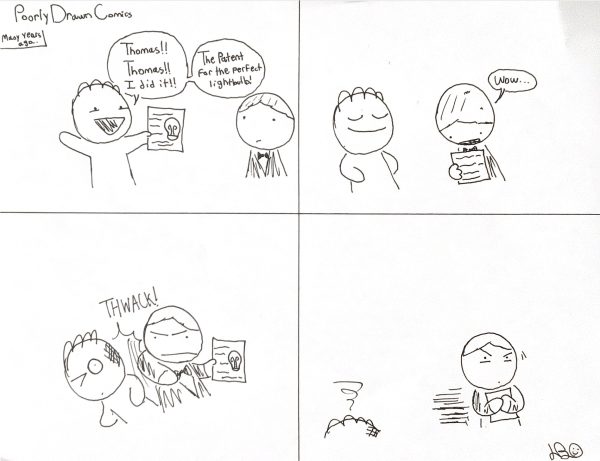The Life of A Dancer
DANCE COMPETITION: This is a picture of me with all of my dance teammates at dance competition right after we were all done dancing.
Jun 14, 2021
Dancing is a challenging sport because with dancing comes emotion, and competition at its most difficult level. Some kids can’t even live without dancing. But competitions are the most nerve-racking thing dancers do. There are quick changes, forgetting your routine backstage, forgetting your routine on stage, how you feel emotionally and physically backstage, treating you injuries at competition, also what you do the week and morning of competition. There are many things a dancer goes through, but we still manage to put a smile on our face and win.
Quick Changes:
Quick changes at a dance competition are very fast, but also the dancer that is experiencing a quick change can be very nervous too. Quick changes are when you have just come out of a dance routine and you have another one right after it. Usually most dancers don’t have this issue because they may choose to do 4 dance classes, but some dancers like me choose to be in all, which would be a total of 12 numbers so, I would most likely have quick changes at a dance competition.
Quick changes can be very difficult depending on what costume you are wearing because you might need to pin your costume so it doesn’t fall off and the amount of time you have is at least 3 minutes, and you have to be backstage on time. Most times if there is a prop and a dance coach sees one of her students isn’t ready, they will try to stall on stage to give that dancer more time.
Achieving A Good Mindset With Routine:
Not only is dance physically draining, but people don’t realize the mental toll it takes on us. My dance teacher explained, “You’re only as strong as your weakest link.” This puts a lot of pressure on dancers to do well, but it also motivates us because it is a team competition. My dance teacher also explains that the whole team needs to work together, but also the quote means that we need to identify and focus on our weakest style of dance.
Angie Corretjer, a senior in high school, loves to dance, but gets very nervous. The second competition we had was Dance Xplosion;, she had a huge panic attack because she had too many dances and the venue we were at people did not have masks on due to them being vaccinated, which is a new adjustment for everyone. She couldn’t finish her dances and the rest of the competition she stayed the same, just panicking.
In the third competition we were nervous for her because it was her last regional competition with Woodbridge School of Dance. But she overcame that and the way she did it was meditating during the week of competition. She ate healthy, drank a lot of water , and meditated every day for 5 days straight. That was how she handled her nervousness. To be a dancer, we have to find creative ways to overcome challenges every day. Usually before we go onstage my coach and all the kids that participate in my dance say a prayer and that is my studio’s way of trying to make us confident rather than nervous.
Having a routine is also a great way to maintain a good mindset. Alex Vari, a dance coach at my studio, says that her morning routine is usually simple: she wakes up, gets ready, and then stops for coffee.
But kids have it a little more challenging. If you stay at a hotel you only have to wake up at 5:30am, but if you don’t, you usually have to wake up at 4:00am. The dancers have to do their makeup, get their costumes ready, stop somewhere to get food, and make it on time to the competition at 6:15. Dancers have trouble getting up in the morning because at night we usually get so anxious that we can’t fall asleep. Some dancers can’t eat in the morning because they’re just too nervous.
How to Overcome Injuries:
Being injured at a dance competition is a dancer’s worst nightmare. For example, I am an injured dancer; my spine curves in and my whole right side is uneven which causes me to have back, shoulder, and leg problems. Dancers are known for sucking it up and just dealing with the pain, but as a dancer you do need to know your limits. You never want to push your injuries too far, then you’ll be out for a whole season.
When you’re injured and dance at a competition usually in between your dances you sometimes have time to KT tape yourself or you get to ice your injury and put heat on it. Some dancers prefer not to, but they do cry because it can be very painful. Usually after your last regional you have time to rest, but sometimes you don’t at all. Also stretching is the most important thing. By not stretching the right way or not stretching at all you could pull a muscle and that will be very painful.
Forgetting your routine:
Forgetting your routine on stage or backstage is one of the many things you don’t want to happen. Forgetting a routine on stage as a soloist is scary because you will have no one else to look at. In a group dance it’s not so bad because you do have people that you can look at and that can help you. Dancers usually go over their choreography backstage before going on because it helps them practice and perfect things more, but some dancers freak out and forget a whole part of their dance or maybe a little part but it is still terrifying, by forgetting your dance backstage you are most likely to forget it on stage. When some kids forget their solo on stage they either improvise, try to remember it, or run off stage. Also forgetting choreography on stage could freak little kids out that have solos because they could forget it too.
As a dancer you have crazy schedules and dance crazy hours, but in the end it is all worth it. It can really help you get a scholarship for college and once you’re a dancer you’re forever a dancer. Dancing will stick with you forever because at one point in life as a dancer it was your top priority. You will create lasting relationships and learn important skills that you will have for the rest of your life.





